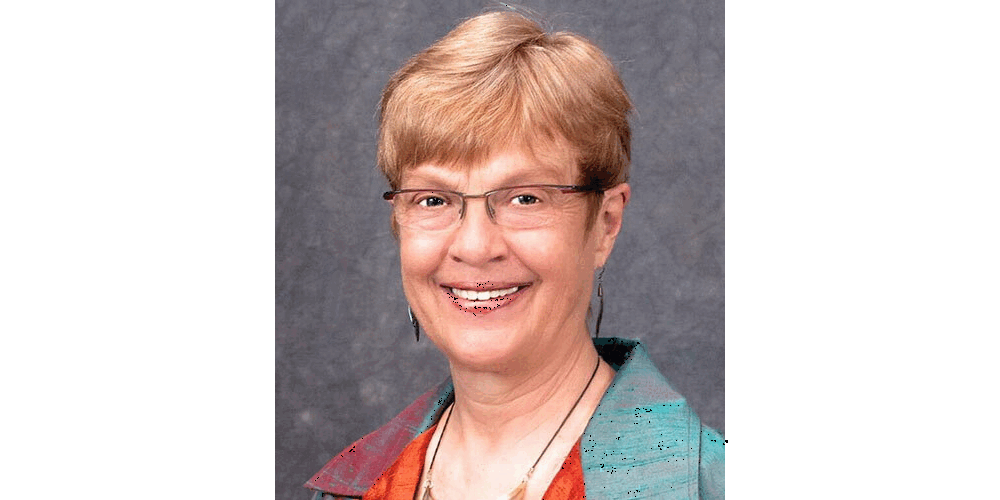Nevins is co-publisher of The Fulcrum and co-founder and board chairman of the Bridge Alliance Education Fund.
Carolyn Lukensmeyer was the first executive director of the National Institute for Civil Discourse, an organization that works to reduce political dysfunction and incivility in our political system. As a leader in the field of deliberative democracy, she works to restore our democracy to reflect the intended vision of our Founding Fathers.
Lukensmeyer previously served as founder and President of AmericaSpeaks, an award-winning nonprofit organization that promoted nonpartisan initiatives to engage citizens and leaders through the development of innovative public policy tools and strategies. During her tenure, AmericaSpeaks engaged more than 200,000 people and hosted events across all 50 states and throughout the world.
Lukensmeyer served as consultant to the White House chief of staff from 1993 to 1994 and on the National Performance Review, where she steered internal management and oversaw government-wide reforms. She was the chief of staff to Ohio Gov. Richard Celeste from 1986 to 1991, becoming the first woman to serve in that capacity.
She earned her Ph.D. in organizational behavior from Case Western Reserve University and has completed postgraduate training at the Gestalt Institute of Cleveland.
I had the wonderful opportunity to interview Lukensmeyer in May for the CityBiz “Meet the Change Leaders” series. Watch to learn the full extent of her democracy reform work:
The Fulcrum Democracy Forum Meets Carolyn Lukensmeyer, Executive Director of NICD Arizonawww.youtube.com




















Trump & Hegseth gave Mark Kelly a huge 2028 gift